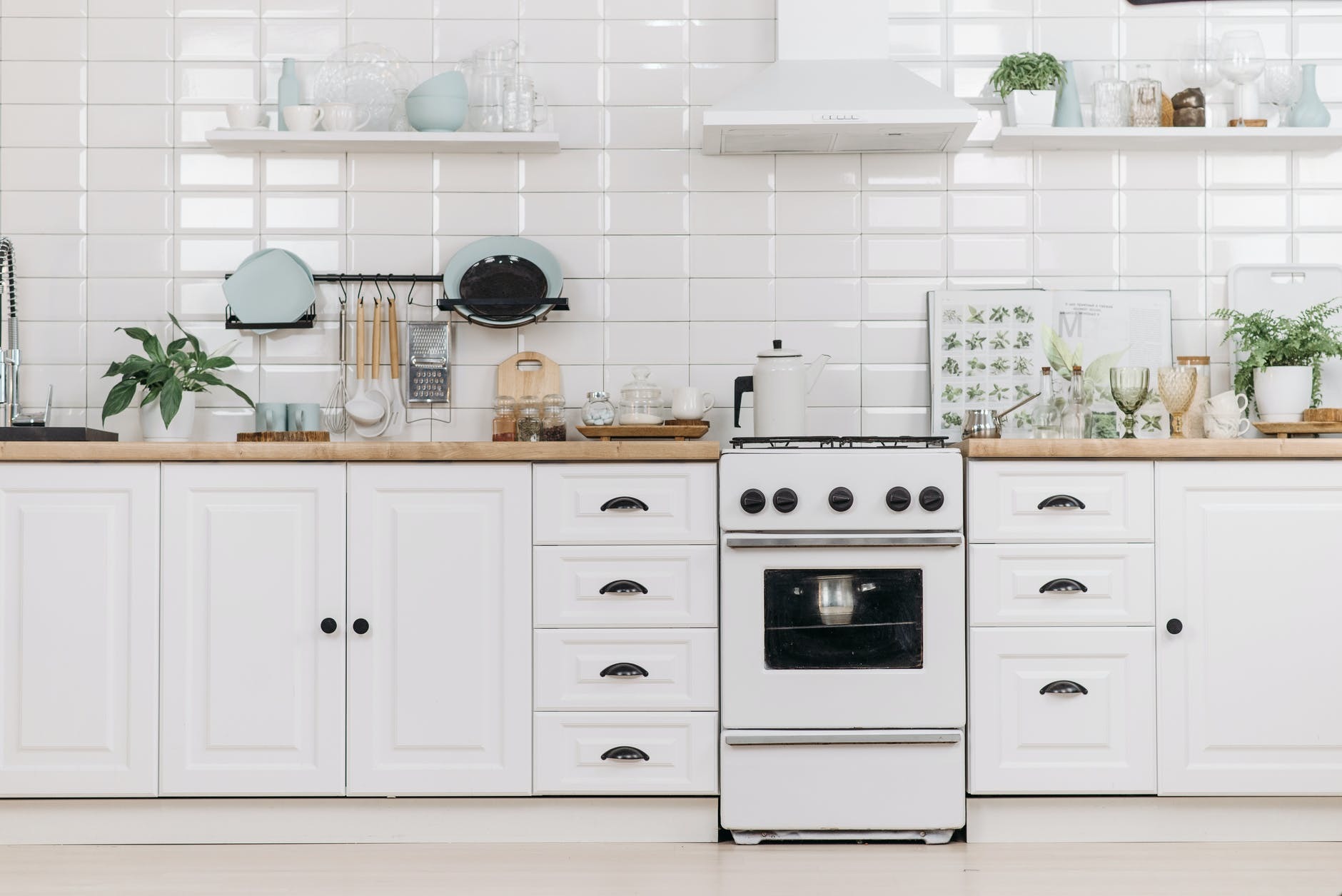
The importance of having an oven in the home is not to be underestimated. To cook food in an oven can help cut down on effort since one does not have to stand over the stove and constantly stir the cooking food, which could result in accidental burns. Some people think that they need not spend money on buying an oven if all they need is a stove with burners for cooking their meals. However, there are several reasons why an oven can be more favorable than just having a stovetop alone:
Ovens allow even heat distribution during the cooking process without hot spots or cold spots. It allows stirring rare ingredients while containing heat at medium temperature for other ingredients simultaneously. It’s very important to know what type of oven you want your kitchen to house. Many people choose between gas oven and electric oven.
This article is going to discuss the pros and cons of these types of ovens and provide recommendations on which one you should buy.
Benefits of an electric oven
To begin with, for those who live in urban settings where electricity is abundant and running water is available as well as affordable electricity rates, electric ovens are often a better choice. This is due to the fact that unlike gas ovens, it doesn’t need a source of fuel to operate. When people think of traditional stovetops, they assume that they would require propane or natural gas tanks to work but not every household has this set up–especially those living in apartments or condos or rental homes with limited space.
Benefits of Gas Ovens

On the other hand gas oven has less chance of breakage since there are no electrical components. Gas stoves are safer in case there is a fire or if the pilot light goes out. For this reason, many parents prefer having gas ovens for their children’s safety. It also allows people living in camping trailers and motor homes to have an oven while they travel to places where electricity can’t be accessed easily.
For those who live in rural areas with power lines all around them but little trees blocking sunlight, solar ovens might be the best choice for them. Solar ovens use heat from the sun to cook food by trapping it inside its insulated chamber. Since most products used in the solar oven are made of metal or glass, it will reflect the sunlight into its chamber to heat up food.
Choosing Between Gas or Electric Oven
The top consideration here would be your space availability. If you live in a tiny apartment, for instance, it would be quite difficult to accommodate an oven. Neither will it prove beneficial considering the long hours of cooking time and space needed to store ingredients and other necessities. The same goes for those who live in big homes with ample kitchen space; electric ovens might not be as efficient as gas ovens which can heat up faster.
The next factor one should consider is whether or not they own a vehicle capable of transporting propane tanks. Purchasing propane tanks will require additional expenses and effort on your part every few months if you plan to use them regularly for cooking food since there are no pipelines delivering natural gas into homes like there is electricity reaching home outlets.
Another thing to consider is the time it will take for an oven to heat up. Electric ovens tend to be slower in heating up food as compared to gas ovens, but they are safer and require less maintenance. It’s very clear that some factors need careful consideration before making a purchase decision. This article had provided you with all the details needed to make sense of the differences between electric oven and gas oven–and which one might work best for your kitchen!
Last Updated on
- Features to look for in an exhaust fan - September 26, 2022
- How to calculate CFM for exhaust fan - September 24, 2022
- Kitchen Fan Installation – Everything You Need to Know - September 20, 2022
